Water filters and water softeners are two standard water treatments, but they differ in their processes and how they treat water. You may be wondering what makes them different.
Difference Between Water Softener vs Water Filter
The difference between water filter and softener is that water filters remove contaminants from the water supply, making it safe to drink. On the other hand, water softeners remove minerals from the water that causes hardness and scale.
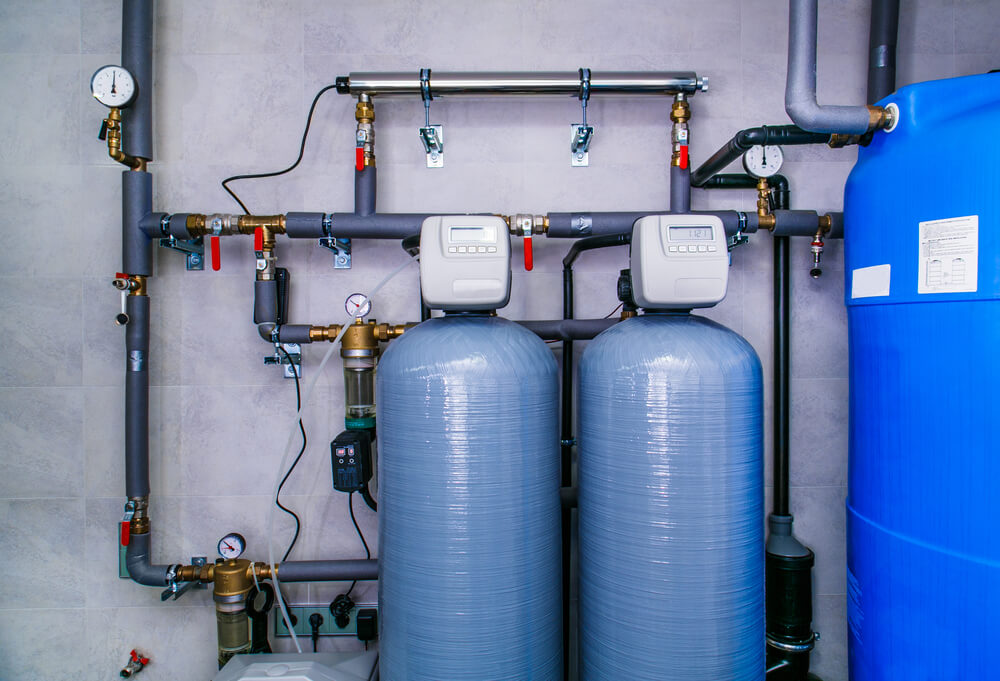
How Water Filters & Softeners Work
When it comes to comparing water filters and softeners, let’s look at the differences in water treatment, the technology used, and the required maintenance.
Water Treatment:
A water filter’s purpose is to remove bacteria, parasites, heavy metals, sediment, and other contaminants. In addition, filters remove bad tastes and odors from the water, making them an excellent choice for safe drinking water. The minerals calcium and magnesium, which cause hard water, cannot be removed by a water filter only.
Water softeners are needed to remove minerals that cause water hardness. These systems are installed to eliminate and prevent scale buildup in pipes, appliances, faucets, and sinks. While water softeners remove hard water minerals, they do not address contaminants and bacteria in the water. Therefore, while using a softener, your water may not be safe to drink unless you have a water filter as well.
Technology:
Water filters employ different technologies to remove and reduce contaminants. They come in various types, including activated whole house filters, reverse osmosis, under sink, countertop, faucet-mounted, and water pitchers.
Activated carbon filters are used to remove sediment, chlorine, and other contaminants from water. Reverse osmosis filters remove even more impurities, making these systems extremely effective. Alkaline filters use the process electrolysis to produce acidity from water. UV filters employ ultraviolent radiation that destroys bacteria. Water filters use various technologies such as micro-filtration, catalytic conversion, oxidation, ion exchange, adsorption, and other processes.
Water softener systems use salt and ion-exchange resins to remove magnesium and calcium. These resins have a coating of sodium solution that replaces the minerals, thus producing softer water. In addition, Saltless water softeners, often called water conditioners, do not remove the hard water causing minerals, but they neutralize them through a process called Template Assisted Crystallization so that they do not produce scale. We will discuss water conditioners in detail in a bit.
Maintenance:
Whole house water filtration systems do not require much maintenance after they are installed. Typically, the filters need to be replaced every six months (or maybe longer). The maintenance will depend on the specific filter, of course, but overall filters are low maintenance.
Salt-based water softeners need regular maintenance. These systems need regular salt replacement and monitoring. The tank should be cleaned regularly and serviced by a professional at least every 2-3 years. Saltless water softeners require less maintenance. If they include filters, the filters should be replaced according to the recommendations. Since they don’t require salt, chemicals, electricity, or wastewater, they are significantly lower in upkeep than traditional water softeners.
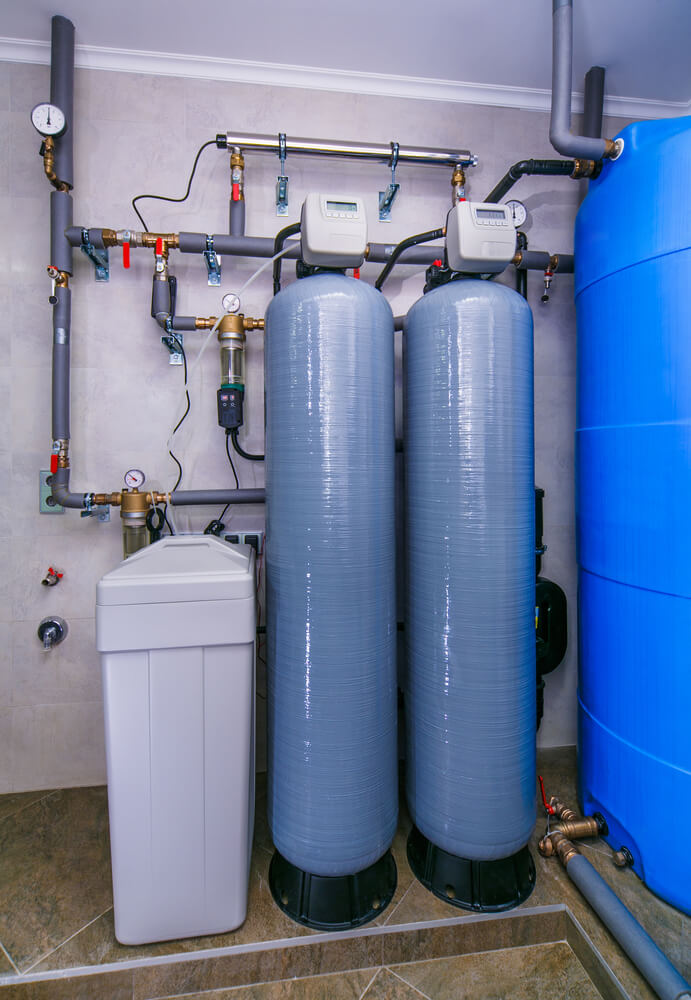
Water Softener vs Water Conditioner
Now, let’s look at the differences between a water softener and a water conditioner.
Traditional water softeners eliminate hard water by completely removing minerals that cause this hardness. On the other hand, water conditioners do not actually soften water. Instead, they neutralize hard minerals so that they lose their ability to stick to pipes and plumbing. In other words, conditioners eliminate the effectiveness of hard water minerals, but these minerals are still present.
Types of water conditioners include carbon filtration, electromagnetic technology, and salt-free water softeners. Water conditioners do not require salt or chemicals, do not create wastewater, and do not use electricity. With these systems, the minerals remain the water but do not cause problems that hard water causes.
Water conditioners are a good option for those who want the benefits of softer water without the maintenance and upkeep of a traditional water softener. Those concerned about the electricity and water waste produced from a standard water softener may also decide to use a water conditioner instead.
How to Know Whether You Need a Water Filter or Softener or Both
In deciding if you need a water filter or softener, consider the physical evidence of your water.
If your water is discolored, has bad odor and taste, you need a filter. If your toilets and faucets develop a layer of scale, you need a softener. You can also check your local water company’s website for a public report. Likewise, you can conduct home water quality tests. Some water filtration companies will send you water testing kits for free.
Whether you need a water filter or softener is based on your water’s quality. Both systems serve their purposes. You may need a combination of both, so you are safe from contaminated and hard water at the same time.
Related: How to Soften Water Without a Water Softener
Conclusion
Both water filters and water softeners employ benefits to improve your water. While they both can be needed at once, the key difference is that a water softener protects your property, while a water filter protects your health.

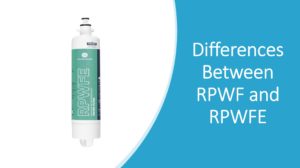
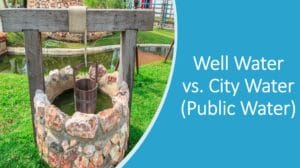
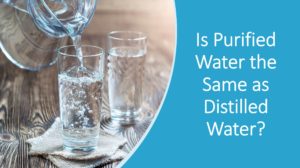
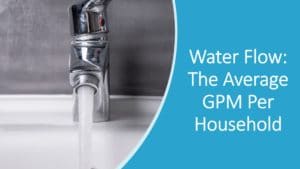
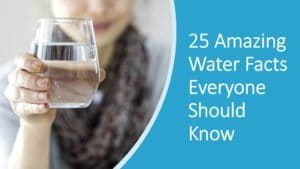

Hi Jennifer, great article. I too am a water enthusiast spending most of my free time in/near the water (I am a Pisces go figure). I recently moved to TX and found the hard water here is HARD. What type of water filter/ softener do you recommend? Thanks a lot
Hi Kevin, generally speaking and without knowing any specific requirements from you, our research shows that you would be well served with taking a close look at the SpringWell offerings.
Hello Ms Jennifer:
The article Benefited me. Thanks
Thank you for the feedback, Ganesh, I’m really glad to hear that!